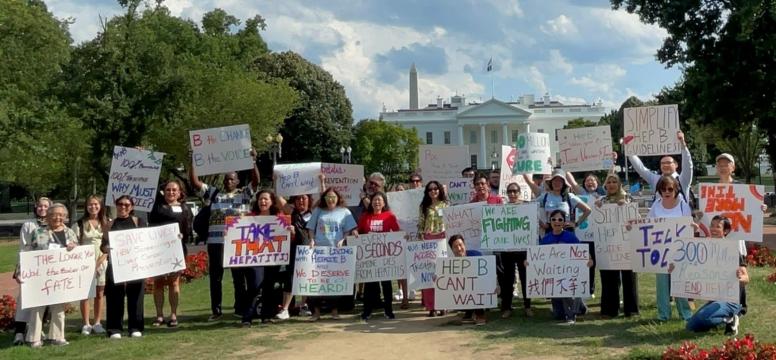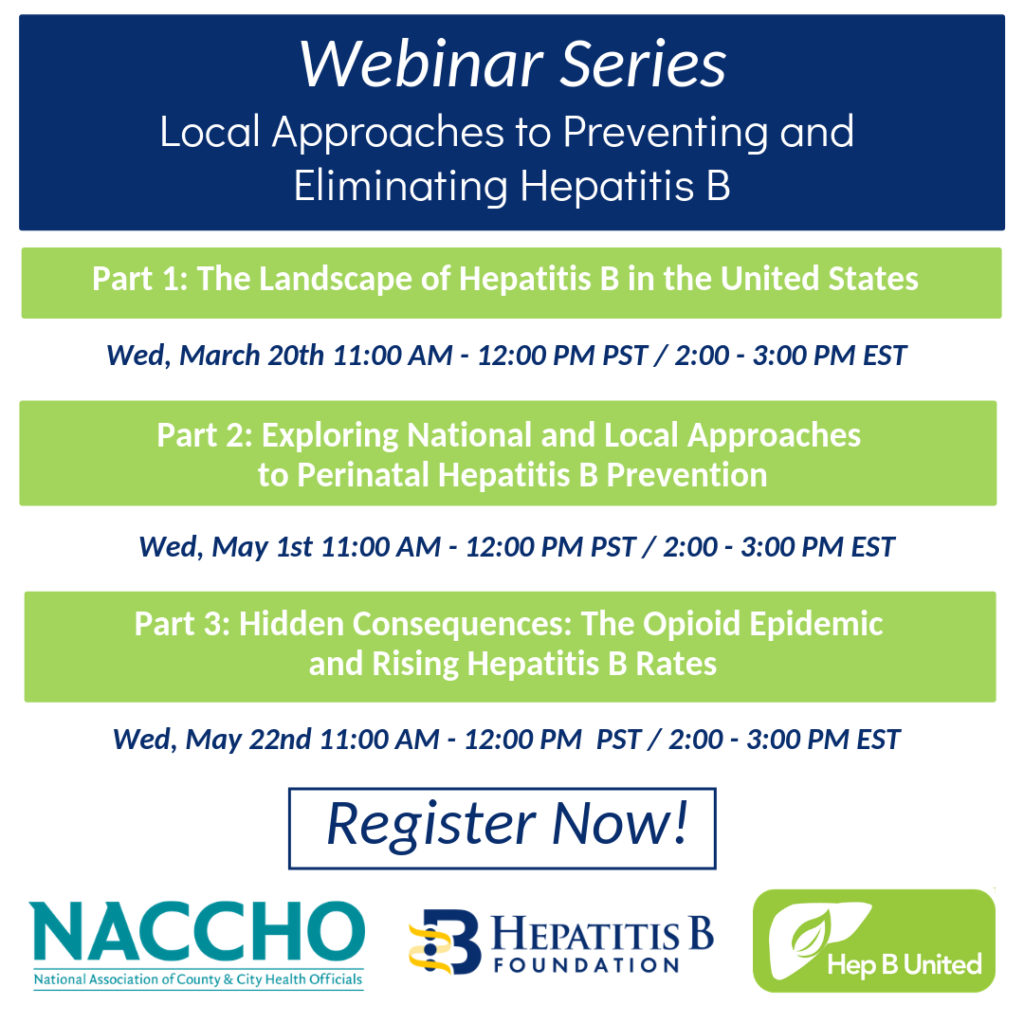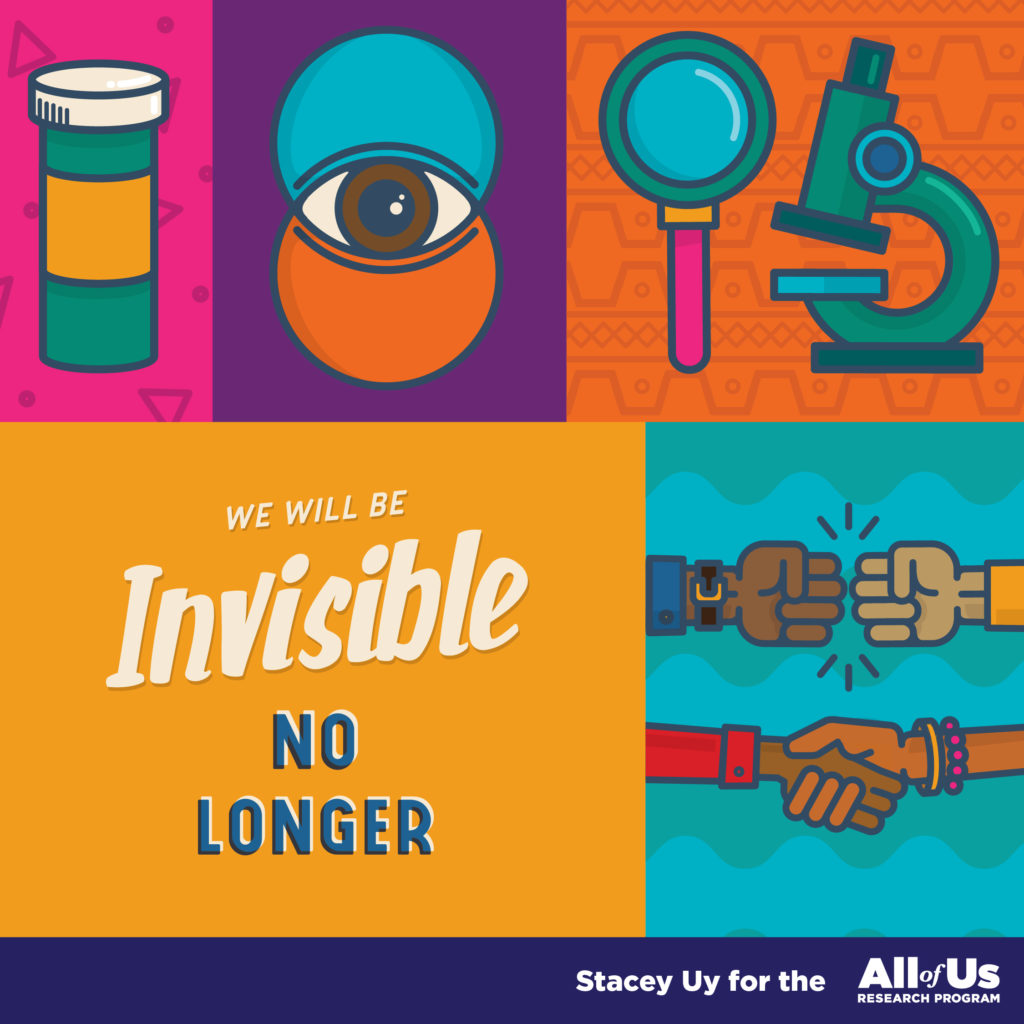Doylestown, Pa., November 1, 2023 – Through its annual Mini-Grant Awards program, Hep B United this year has distributed $63,000 in grants to seven organizations across the country. Hep B United is proud to have given out more than $620,000 in funding over the 10 years of the Mini-Grants program. The program is designed to help coalition partners build capacity and test innovative strategies to improve hepatitis B vaccination, screening and linkage to care activities in highly impacted communities. It is supported in part using funds from a Centers for Disease Control and Prevention (CDC) Cooperative Agreement (award #5NU51PS005196-02). Read more about this year’s recipients below.
Asian American Community Services (AACS), Columbus, Ohio – AACS will provide hepatitis B awareness, education, screening, immunization and linkage to care to the Asian-born and African-born communities in Central Ohio by identifying and developing systems and strategies to educate communities and providers and implement new universal adult hepatitis B vaccination recommendations.
African Family Health Organization (AFAHO), Philadelphia – AFAHO will conduct focus groups in their community to determine the barriers and best practices to raise hep b awareness. From there, they will hold a series of health education workshops and screenings, and connect screened individuals to vaccination or care.
HOPE Clinic, Houston – HOPE Clinic will create educational materials, handouts and implement a class to provide patients, community and family members more information about hepatitis B. HOPE Clinic will also hold focus groups for those living with or impacted by hepatitis B to learn about the challenges they face.
Drexel Hope, Philadelphia – Drexel Hope will increase awareness, screening, prevention, and education to reduce transmission and health-related complications of hepatitis B with a focus on PWUDs. Program leaders will incorporate screening, phlebotomy services, vaccination, patient navigation, harm-reduction education and data collection as part of their mobile van.
Hepatitis B Initiative of D.C. (HBI-DC), Washington, D.C. – HBI-DC will increase awareness, screening, prevention, and education to reduce hepatitis B-related health disparities in D.C., Maryland and Virginia by conducting outreach to providers in the area to ensure they have the latest information, and by conducting screening events and linking individuals to appropriate care.
Korean Community Services (KCS), New York – KCS’s will increase access to educational and medical resources within the local Korean community and increase awareness and screening for hepatitis B and the care resources available to individuals. In addition to these efforts, KCS is creating a brand-new set of educational materials which will be disseminated in multiple languages.
SF Hep B Free – Bay Area, San Francisco – SF Hep B Free – Bay Area is implementing Under the Mango Tree which will work towards reducing the burden of hepatitis B and liver cancer mortality, improve data collection, increase screening and vaccination, and provide resources and linkage to care for Pacific Islanders in the region. This will be done with an emphasis on cultural activities like Ti Leaf weaving; helping engage the community and creating a safe space for people to learn about hepatitis B.
We wish all of our mini-grantees great luck with their projects!
About Hepatitis B: Hepatitis B is one of the world’s most common infections and the primary cause of liver cancer, which is the second-leading cause of cancer death in the world. More than 296 million people are chronically infected, and almost 1 million people die each year from hepatitis B-related liver failure and liver cancer. In the U.S., up to 2.4 million are chronically infected but most don’t know it. The hepatitis B virus is preventable and treatable, there is still no complete cure for this deadly liver infection.
About Hep B United: Hep B United is a national coalition dedicated to eliminating hepatitis B and the health disparities and inequities associated with hepatitis B and hepatitis delta among highly impacted communities across the United States by increasing awareness, screening, vaccination, and linkage to care. To learn more, visit www.hepbunited.org.
About the Hepatitis B Foundation: The Hepatitis B Foundation is the nation’s leading nonprofit organization solely dedicated to finding a cure for hepatitis B and improving the quality of life for those affected worldwide through research, education and patient advocacy. To learn more, visit www.hepb.org, read our blog at hepb.org/blog, follow us on Twitter @HepBFoundation, find us on Facebook at facebook.com/hepbfoundation or call 215-489-4900.
About the Association of Asian Pacific Community Health Organization: The Association of Asian Pacific Community Health Organization (AAPCHO) is a national association of community health organizations dedicated to promoting advocacy, collaboration, and leadership that improves the health status and access of Asian Americans, Native Hawaiian, and other Pacific Islanders in the United States. To learn more, visit www.aapcho.org.
# # #




 The Hepatitis B Foundation and the Hep B United coalition are excited to partner with the
The Hepatitis B Foundation and the Hep B United coalition are excited to partner with the